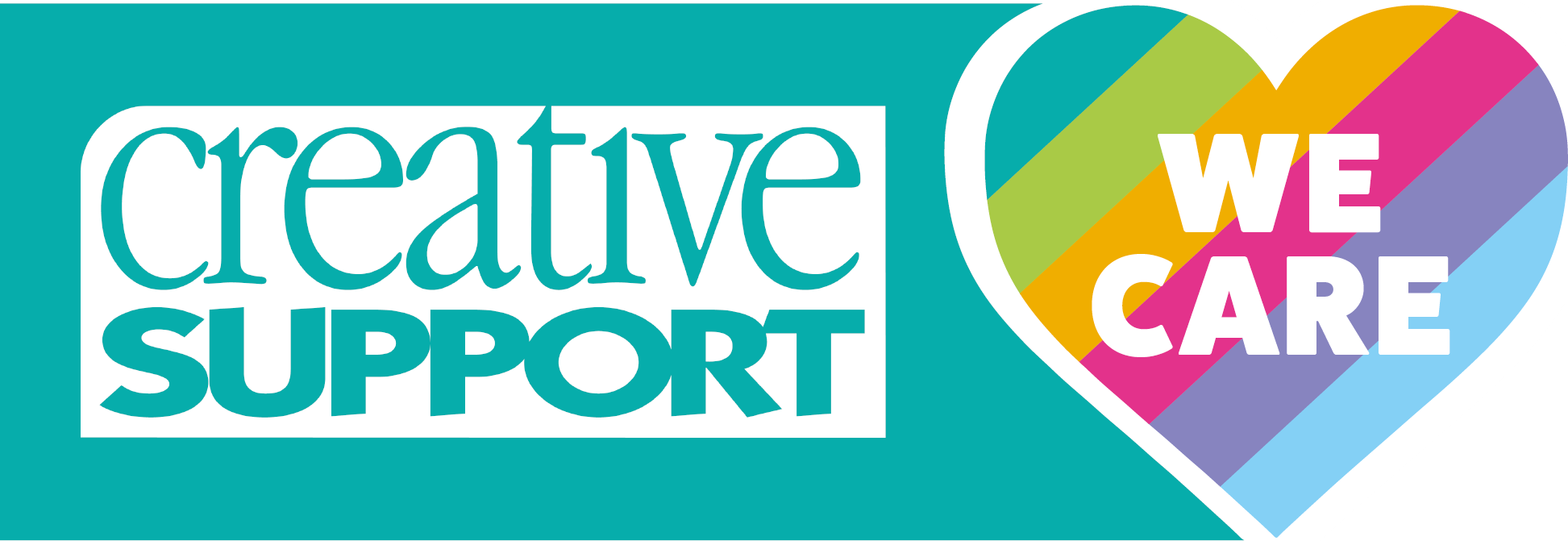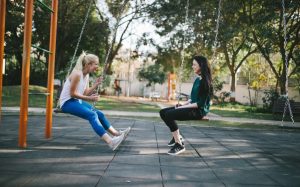Autism and Me; Social Skills

Lizzie, a member of staff in Greater Manchester, has shared with us how her autism affects her everyday social interactions. She speaks about growing up, having to learn a ‘second language’, and what it means to be an ‘incognito autistic adult’.
I am a typical example of an incognito autistic adult, as I don’t believe your average person would guess that I am autistic. I function fairly well, which means I can take care of my own physical needs, work part-time, and maintain social relationships. I even take care of my own wellbeing most of the time, and have overcome a lot of anxiety, depression and relationship issues throughout my life with the help of medication and all sorts of therapies! What people don’t know, however, is the effort it takes for me to do all of this because my mind is fundamentally wired differently.
At around 10 years old I started to go quiet. I was always quiet anyway, but as social interactions became increasingly complex, I fell silent. This is where I believe my natural instincts to understand social relations stopped developing, and I started observing rather than taking part. My friends made comments about how I didn’t speak as I would sit there listening and laughed along when they laughed. They began to ask if I could sit with someone else, so instead I went to my sanctuary; the library. For about a year I was one of the weird kids that didn’t have friends, and I spent most of my time reading and doing homework.
When we were sorted into sets for our GCSE subjects I suddenly found myself next to people who were either equally weird or equally interested in school. I began to make friends again and my new friends accepted my quietness as part of who I was. As my confidence increased I began my lifelong journey of learning how social interactions worked beyond primary school. The process still involved lots of quiet observation, but I began to take part in conversation and even spoke up in class.
I had to learn how to react to things people said. One of my friends pointed out that when she told us about a rumour surrounding a teacher and student’s relationship, my face didn’t move. Personally, I didn’t see the point of moving my face or making a dramatic exclamation, but I took it on board as something that people expected. Similarly, I picked up some easy phrases like “oh really?” and “oh my god”, which are useful in all situations.
I had to learn not to say the first thing that came to mind, like when I met someone new and I told them their eyes were really big and they looked at me like I was strange. I learnt that I should ask about things people had told me previously, like how that test went, or if their mother was okay. I learnt to mirror people’s expressions and body language and intonations and gestures. These things come to most people naturally, and you may not even realise that you do them, but I had to study and memorise them. I now feel confident to express myself and interact with people, to the extent that most people wouldn’t know I had any difficulties with it at all. But I’m continually speaking and expressing myself in a second language, which is absolutely exhausting!
It was lucky for me that I am firstly able to analyse complex social situations, and secondly that I am willing to spend my energy on them. Many autistic people may struggle with either one or both of these, which means they are less able to interact socially. My mind is always trying to understand how things work and finding solutions to problems, and this has allowed me to be in a continuous process of learning new social nuances and working on my relationships.


